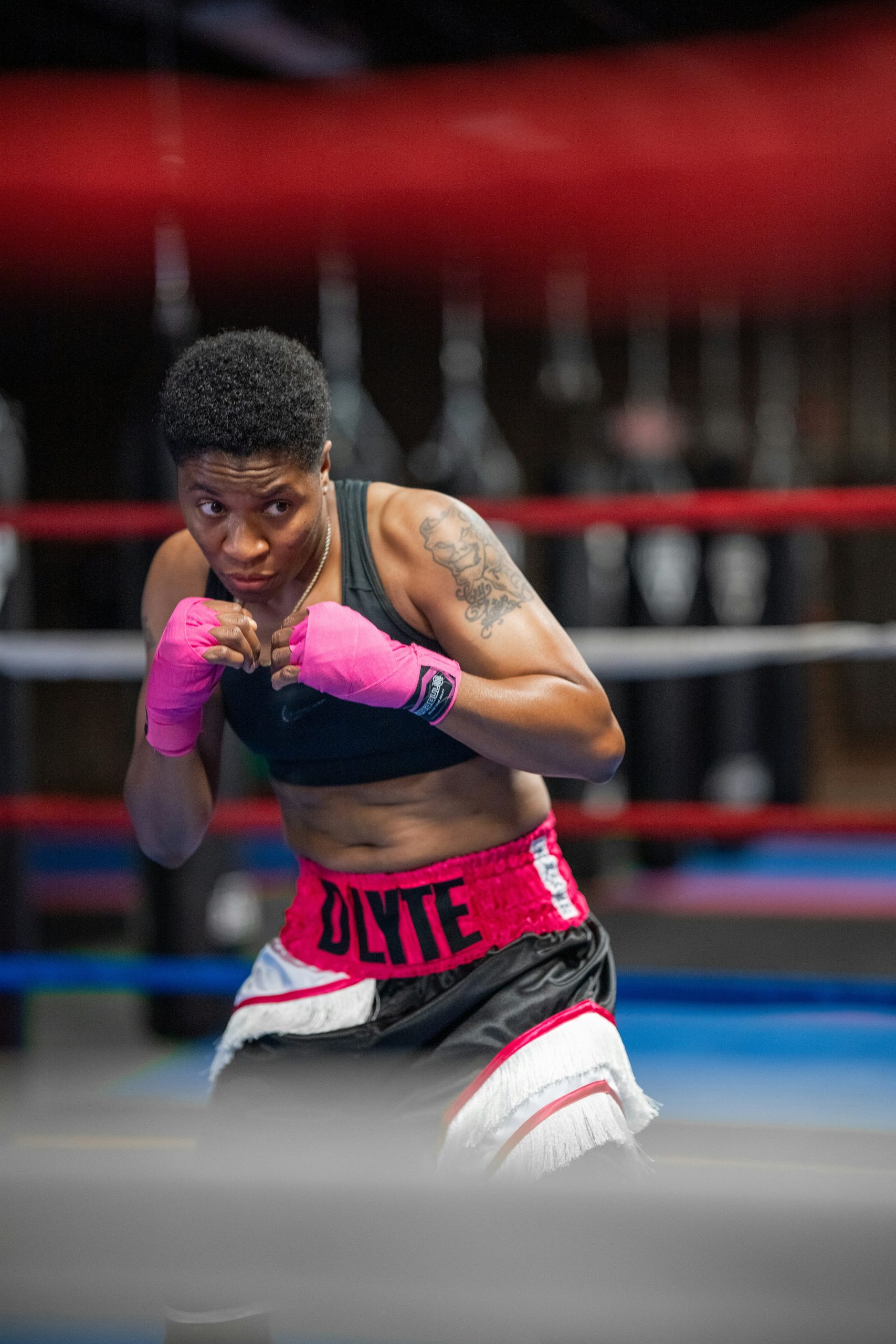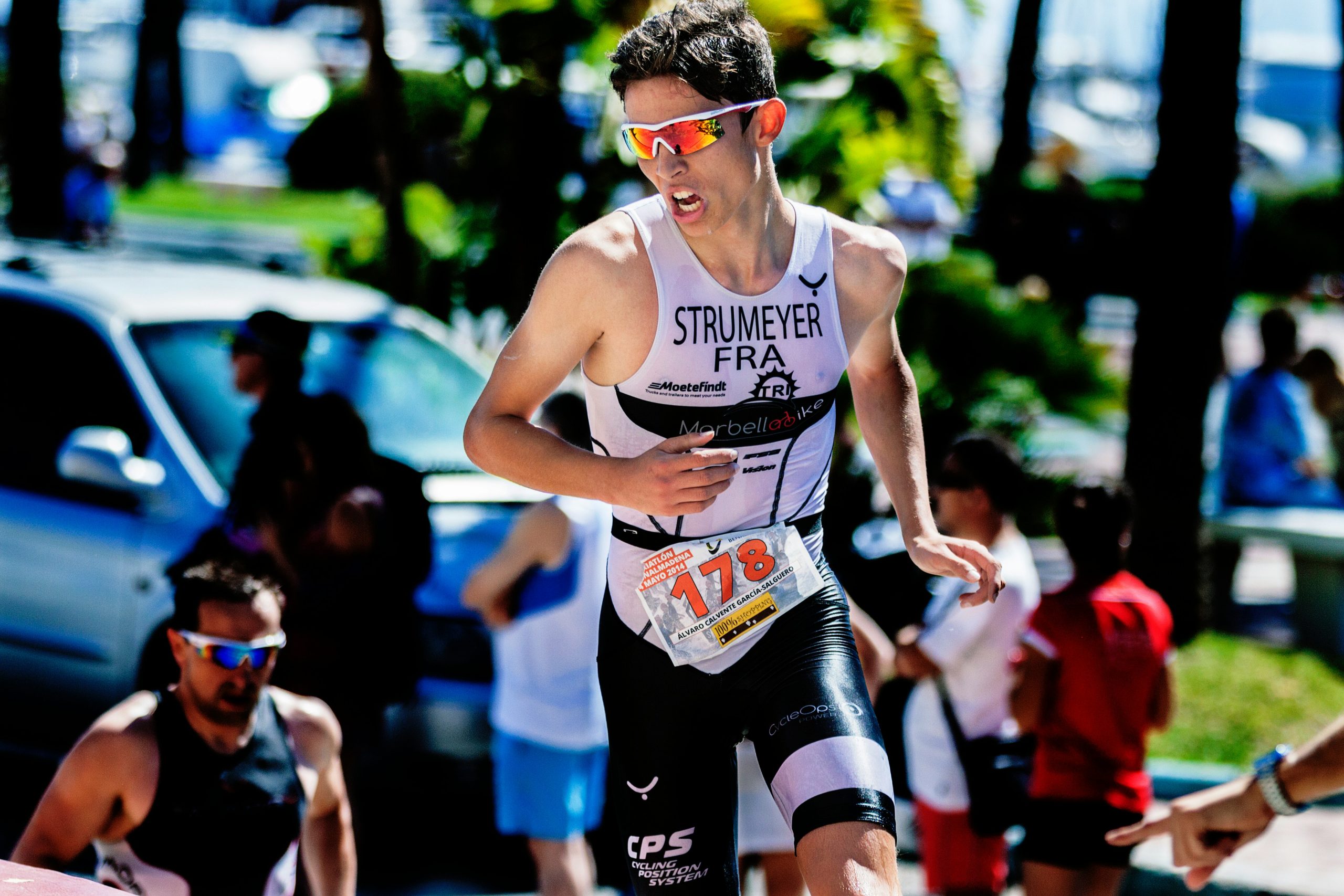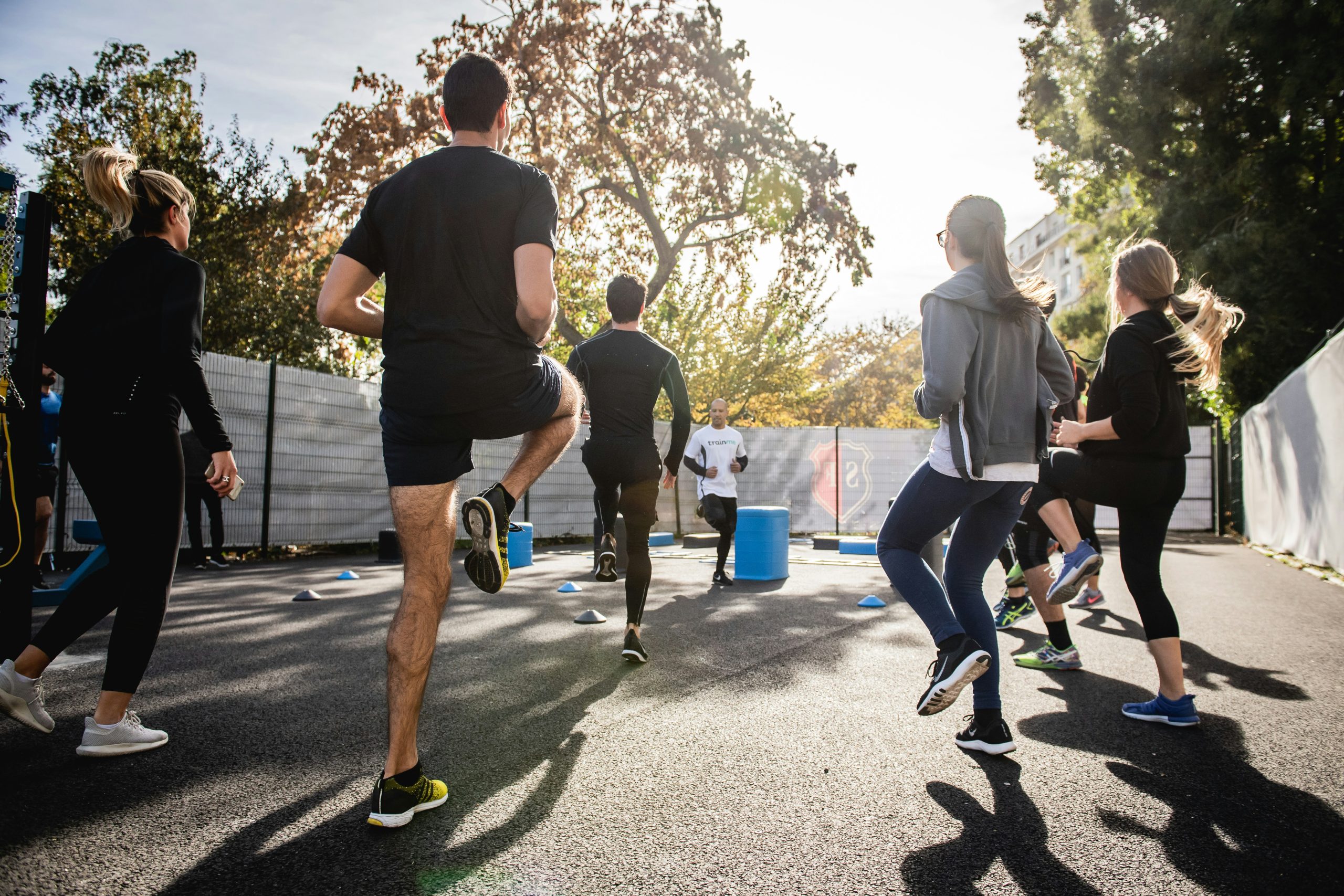
Mental Resilience Training for Competitive Sports
Competitive sports require athletes to not only be physically fit but also mentally resilient. Mental resilience is the ability to bounce back from setbacks, adapt to challenging situations, and maintain focus and determination despite adversity. It plays a crucial role in an athlete’s performance, especially in high-pressure competitive environments.
Understanding Mental Resilience
Mental resilience involves several psychological skills that can be developed and enhanced through targeted training. These skills include:
- Stress management: Techniques to cope with pressure and anxiety.
- Positive thinking: Maintaining an optimistic mindset even during difficulties.
- Goal setting: Establishing clear and achievable objectives to stay motivated.
- Visualization: Creating mental images of successful performance to enhance confidence.
- Self-talk: Using affirmations and constructive self-dialogue to stay focused and motivated.
- Emotional control: Regulating emotions to prevent them from affecting performance negatively.
Benefits of Mental Resilience Training
Effective mental resilience training can provide athletes with several advantages:
- Improved performance consistency
- Enhanced ability to handle pressure situations
- Increased motivation and determination
- Quicker recovery from setbacks
- Greater overall well-being and reduced stress levels
A study by Jones et al. (2016) demonstrated that athletes who underwent mental resilience training showed a significant improvement in their ability to perform under pressure compared to those who did not.
Strategies for Mental Resilience Training
Coaches and sports psychologists employ various strategies to enhance mental resilience among athletes:
- Psychological skills training: Teaching specific techniques such as imagery, goal-setting, and relaxation techniques.
- Cognitive-behavioral interventions: Helping athletes identify and change negative thought patterns.
- Simulated pressure scenarios: Exposing athletes to high-pressure situations in controlled environments to build resilience.
- Post-performance evaluation: Encouraging athletes to reflect on their performances objectively and learn from both successes and failures.
Case Studies in Mental Resilience
One notable example is Michael Phelps, the most decorated Olympian of all time. Phelps utilized visualization techniques extensively to prepare mentally for races. By visualizing each stroke and turn, he mentally rehearsed success, which contributed to his unparalleled performance under immense pressure.
Another case study is Serena Williams, who is known for her mental toughness on the tennis court. Williams often practices positive self-talk and maintains focus during challenging matches, demonstrating the importance of mental resilience in sustaining peak performance over a long career.
Conclusion
Mental resilience training is a critical component of preparing athletes for competitive sports. By developing psychological skills and adopting resilience-building strategies, athletes can improve their performance consistency, cope effectively with pressure, and maintain motivation even in the face of setbacks. Coaches, sports psychologists, and athletes themselves should prioritize mental resilience training to achieve long-term success in sports.
References:
- Jones, M. V., et al. (2016). Psychological resilience in sport performers: A review of stressors and protective factors. Journal of Sports Sciences, 34(15), 1395-1406.



